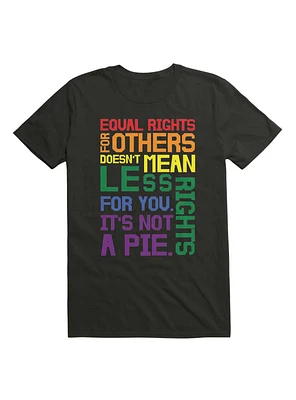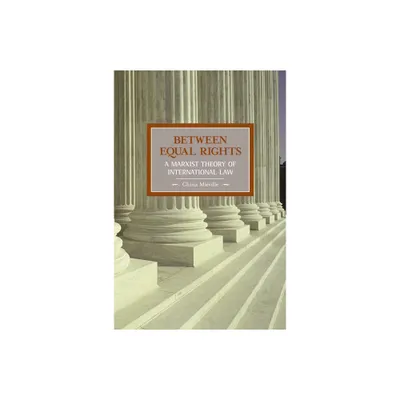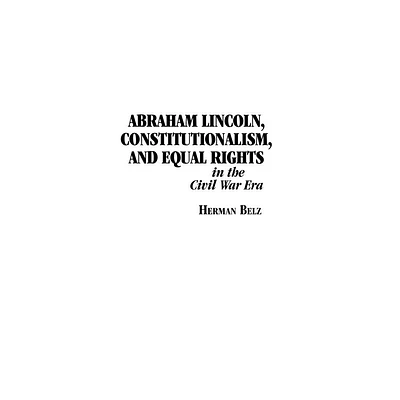Home
Gay Families and The Courts: Quest for Equal Rights
Loading Inventory...
Barnes and Noble
Gay Families and The Courts: Quest for Equal Rights
Current price: $128.00


Barnes and Noble
Gay Families and The Courts: Quest for Equal Rights
Current price: $128.00
Loading Inventory...
Size: Hardcover
*Product Information may vary - to confirm product availability, pricing, and additional information please contact Barnes and Noble
Susan Gluck Mezey's newest book,
Gay Families and the Courts
, is a compelling examination of the role of the state and federal courts in furthering the goals of the gay and lesbian community. Unlike Mezey's earlier book,
Queers in Court
, this book evaluates the extent to which litigation is effective in advancing equal rights for gay families—families in which at least one member is gay—as they seek to expand their opportunities and battle discrimination. Mezey shows how the courts address gay and lesbian rights and sexual orientation in schools and social organizations such as the Boy Scouts along with family-oriented problems such as marriage and parenthood. In doing so, Mezey emphasizes the complexity of the issues involved in the cases, and assesses the degree to which the outcome of the litigation is explained by the type of case, the type of court, and the judge's perception of his or her role as a policymaker. It is a valuable reference for scholars interested in judicial, legislative, and executive policymaking at the federal and state level as well as anyone interested in LGBT politics.
Gay Families and the Courts
, is a compelling examination of the role of the state and federal courts in furthering the goals of the gay and lesbian community. Unlike Mezey's earlier book,
Queers in Court
, this book evaluates the extent to which litigation is effective in advancing equal rights for gay families—families in which at least one member is gay—as they seek to expand their opportunities and battle discrimination. Mezey shows how the courts address gay and lesbian rights and sexual orientation in schools and social organizations such as the Boy Scouts along with family-oriented problems such as marriage and parenthood. In doing so, Mezey emphasizes the complexity of the issues involved in the cases, and assesses the degree to which the outcome of the litigation is explained by the type of case, the type of court, and the judge's perception of his or her role as a policymaker. It is a valuable reference for scholars interested in judicial, legislative, and executive policymaking at the federal and state level as well as anyone interested in LGBT politics.


















